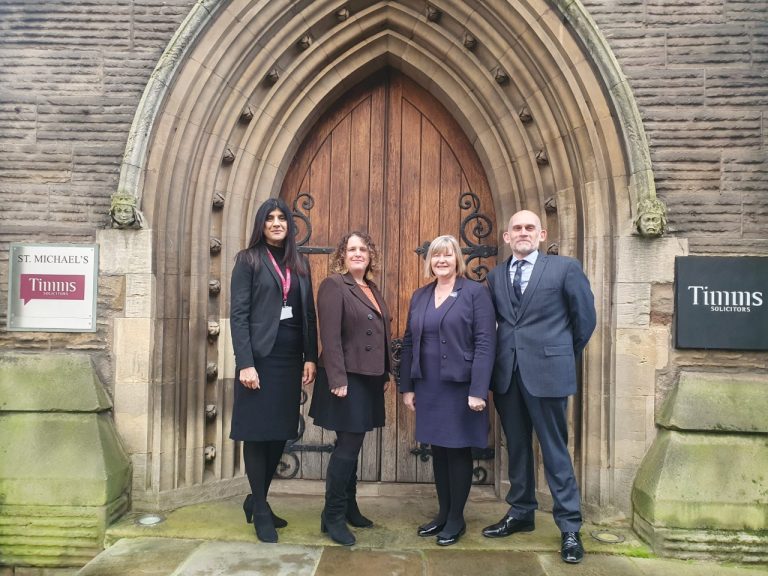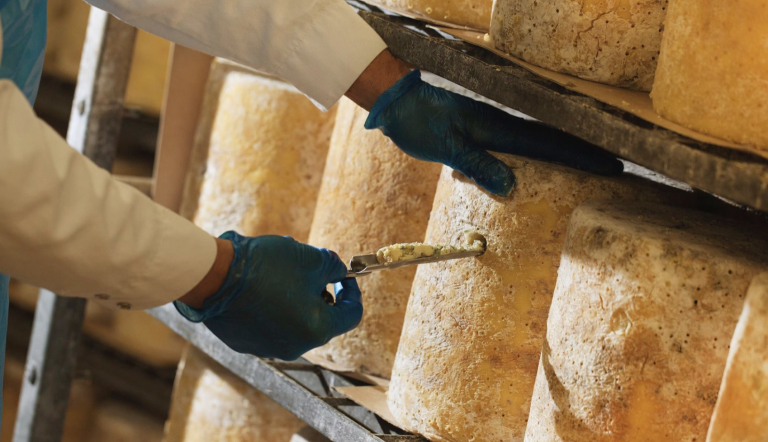Melton Mowbray’s Long Clawson Dairy is to get a share in £12m funding from the Government’s Industrial Energy Transformation Fund to help cut carbon emissions and energy costs.
It’s one of 22 winning projects across England, Wales and Northern Ireland which will be able to clean up their industrial processes and improve their energy efficiency – benefiting industries including pharmaceuticals, steel, paper, and food and drink.
Long Clawson has been making cheese for over a century, running over 31 farms in the Leicestershire, Nottinghamshire and Derbyshire areas. The production of cheese is an energy intensive process involving both heating and cooling activities. Through
IETF funding, the company has created a new thermal storage system, using revolutionary high temperature heat pumps to reduce overall energy by 27% and saving 34% carbon emissions, with the ambition of moving to a purely electrically powered in the long term.
Iain Grant, Operations Director, Long Clawson Dairy, said: “The production of our Stilton cheese is an energy-intensive process involving both heating and cooling activities. With the investment in this project, it has enabled the dairy to take a more cost-effective approach to energy consumption, alongside a clear carbon emission reduction. This is a substantial investment for a business of our size, and would not have been possible without the support of the
IETF grant funding.”
It is estimated that industry is currently responsible for producing 16% of the UK’s emissions and will need to cut emissions by two thirds by 2035 in order for the UK to achieve its net zero target.
This funding will play a crucial role in helping to clean up big-emitting industries as part of the UK’s green industrial revolution – decarbonising their industrial processes and reducing their reliance on expensive fossil fuels, such as gas, says Energy Minister Graham Stuart, the MP for Beverley and Holderness. He said: “Boosting the energy efficiency of industrial processes is a critical step not only in our transition to a lower-carbon economy, but also by helping businesses to cut their energy costs and protect valuable British jobs.
“That’s why the government has stepped in once again to support energy intensive industries, with a fresh funding round to unleash the next generation of green innovators who are re-shaping the way technology can reduce carbon emissions.”
So far, £34.8 million of funding has been awarded through the Industrial Energy Transformation Fund, which was first launched in June 2020.












